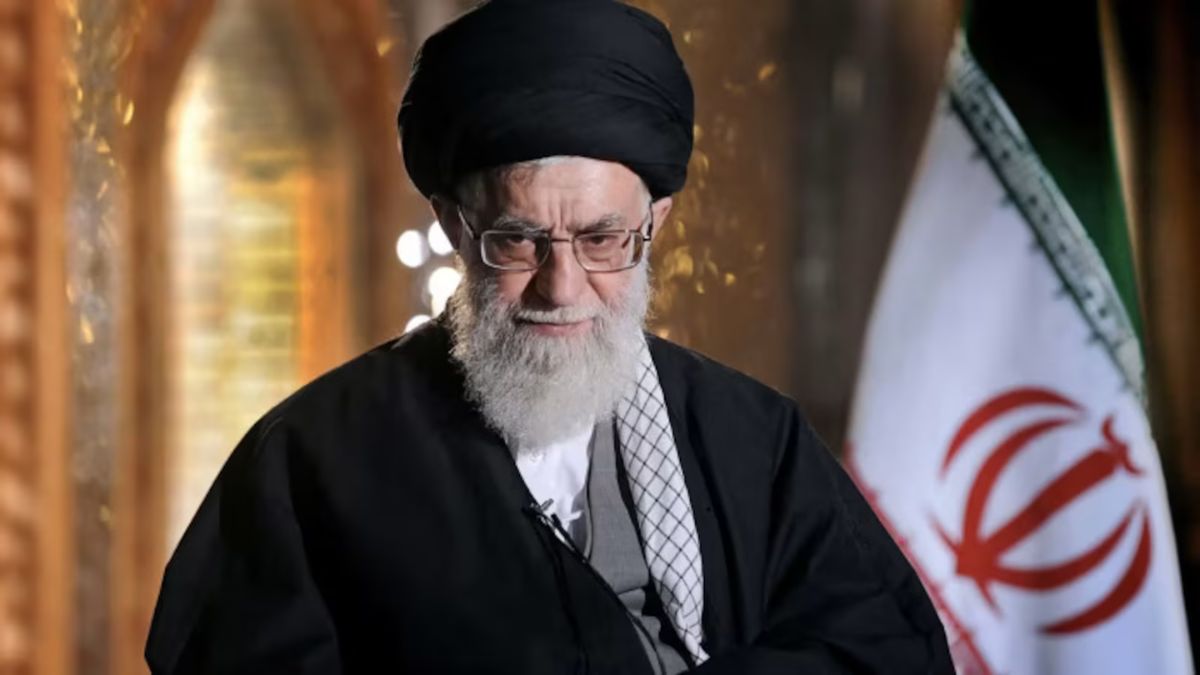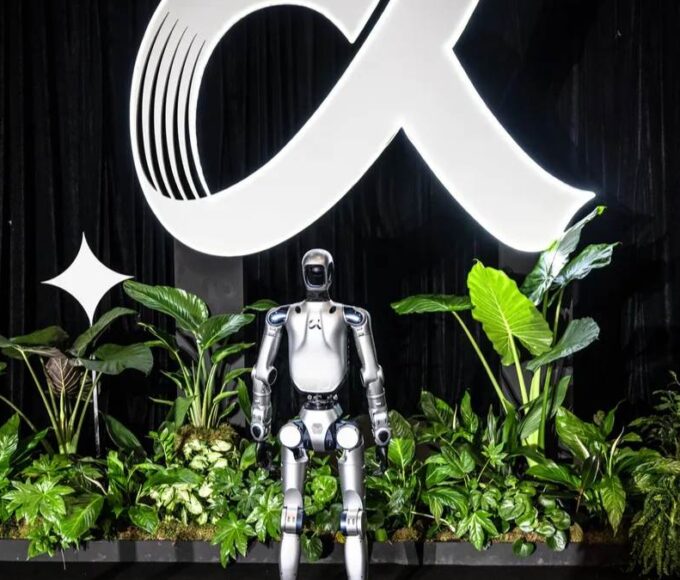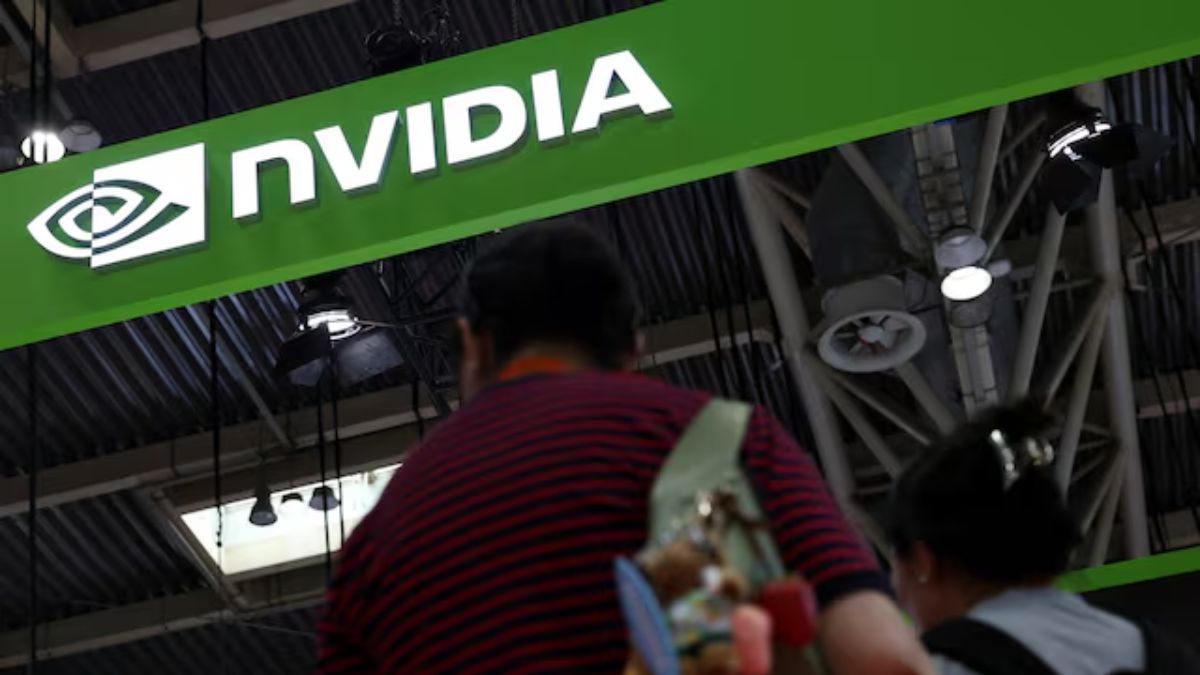Huawei Technologies aims to start mass-producing its newest AI chip, the Ascend 910C, in the first quarter of 2025, despite significant manufacturing challenges caused by US technology restrictions.
The chip, designed to compete with Nvidia’s offerings, is being manufactured by Semiconductor Manufacturing International Corp (SMIC) on its N+2 process.
However, limited access to advanced lithography equipment has restricted the chip’s production yield to around 20%, well below the 70% typically needed for commercial viability.
Huawei’s current most advanced processor, the 910B, already struggles with a yield of only 50%, forcing the company to reduce production targets. For instance, ByteDance ordered over 100,000 Ascend 910B chips this year but received fewer than 30,000 by July.
US restrictions, including bans on obtaining extreme ultraviolet lithography technology from Dutch manufacturer ASML, continue to impede Huawei’s chip production. The company is now prioritizing strategic government and corporate orders.
Huawei has been supplementing SMIC-produced chips with those from Taiwan Semiconductor Manufacturing Co (TSMC), though recent US actions have also aimed to restrict these supply chains.











